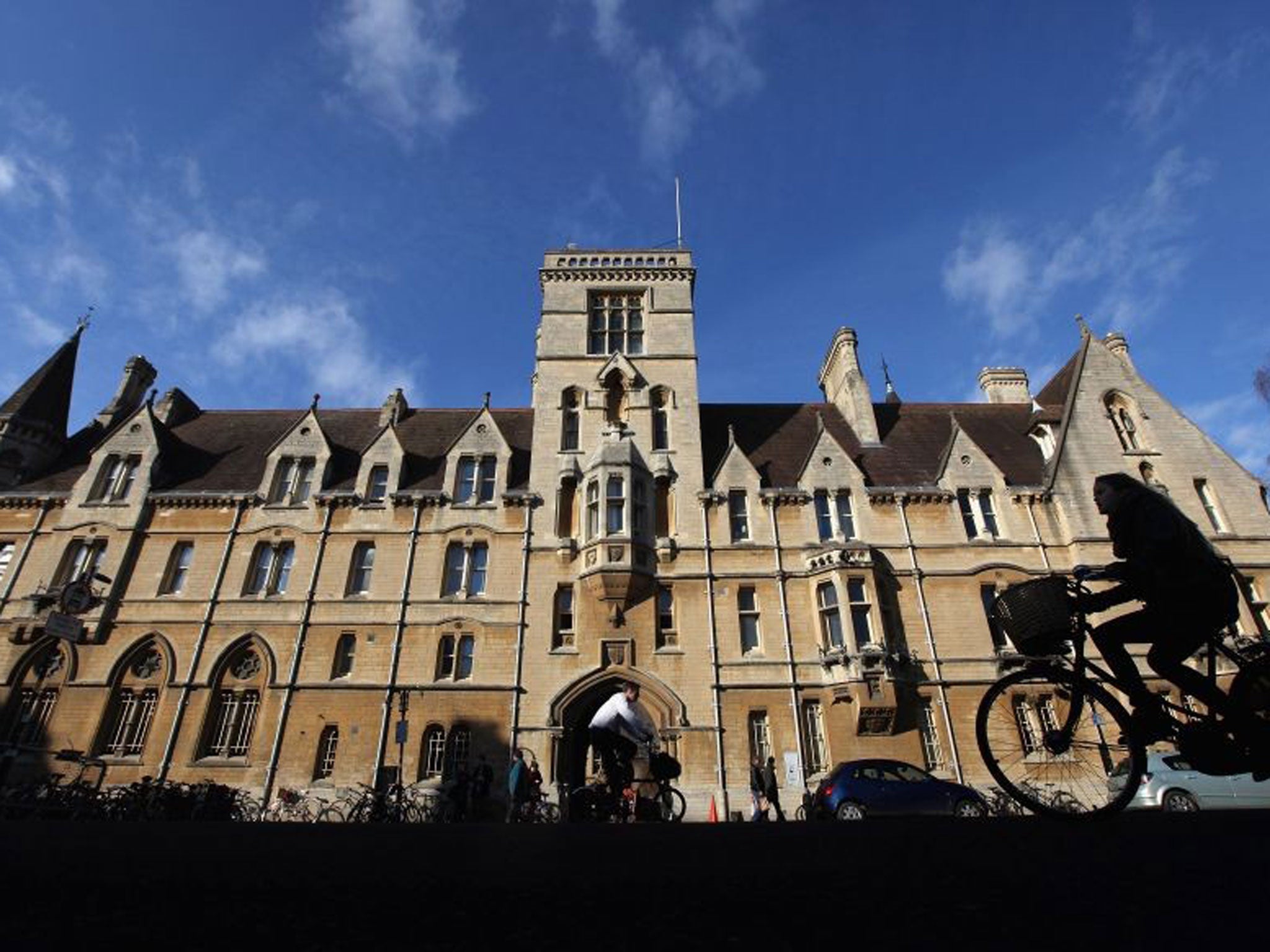Students should give freebies a wide berth and focus instead on cheap borrowing
An interest-free loan far outweighs the value of any of the bank's incentives

With A-level results announced on Thursday, the new intake of freshers will be busy sorting out their university arrangements, and that includes opening a student bank account.
The banks are keen to attract the high flyers of tomorrow, with an eye on signing them up for profitable insurance, pension and mortgage products later in life.
The big high-street providers have released details of their student account packages for this year – and as usual they are offering an array of incentives to win the custom of the class of 2015.
But the most important element of a bank account for most students will be the ability to borrow as much money interest-free as possible. So even though gift cards and discount deals may be tempting, the following numbers should convince you to give the freebies a wide berth.
If you can borrow an additional £1,000 interest-free, you would save £154 a year compared with a Lloyds student account, which charges interest at a rate of 8.2 per cent plus a £6 monthly fee.
That saving far outweighs the value of any incentives.
The Halifax and HSBC offer the largest maximum interest-free overdrafts, up to £3,000, but both are subject to application and not granted automatically. Also, some banks will limit how much you can borrow each term, particularly in the first year.
Whichever bank you choose, don't go over your interest-free limit as you could end up paying hefty charges.
The only possible exception to the rule on incentives this year comes from Santander. New student customers with the bank are eligible for a free four-year 16-25 Railcard, which cuts student rail fares by a third. That could prove a big money saver if you plan to use the train frequently to get to and from college.
Key insurance tips
Adam Powell at the insurance broker Policy Expert recommends checking your parents' home contents insurance before forking out for any specialist student cover. Your possessions may already be protected under their policy.
If you live with your parents outside term time, you could be covered under "contents away from the home" within their policy. There will probably be a maximum limit for each individual item that's covered, which is normally around £1,500 – though it could be less.
Mr Powell warns that there may be caveats for items such as an expensive laptop, so check the policy wording carefully. Some insurers might specify that belongings are kept in a locked room, and may only cover a claim if there's evidence of forced entry.
If a high-value item goes missing outside your accommodation –say, from a coffee shop or library – you probably won't be covered under your parents' home insurance. For more comprehensive protection, your parents may need to add personal possessions cover to their policy.
You can buy standalone home insurance for students – but this is often a more expensive way of doing things.
Your student accommodation might already have a basic level of contents cover in place. Around 80 universities have this core cover – so it's worth checking if yours is one of them. To reiterate, this will normally only be basic protection, so make sure you know exactly what's included.
Andrew Hagger is an independent personal finance analyst from www.moneycomms.co.uk
Subscribe to Independent Premium to bookmark this article
Want to bookmark your favourite articles and stories to read or reference later? Start your Independent Premium subscription today.

Join our commenting forum
Join thought-provoking conversations, follow other Independent readers and see their replies